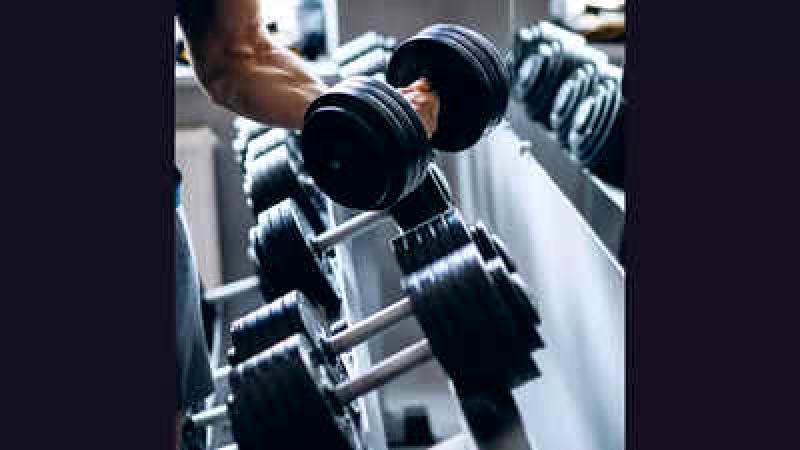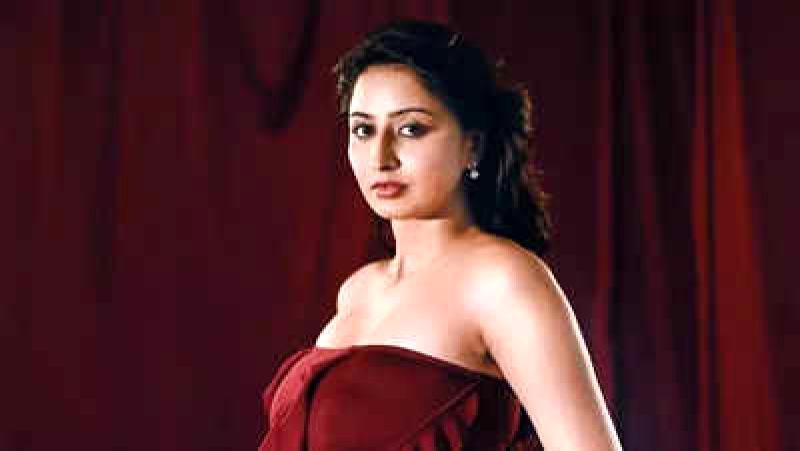
Women in the Kannada film industry may be celebrated as 'sheroes' on screen, but in reality, they are facing challenges in asserting their presence and influence. Despite being recognized for their acting, costumes, makeup, and hairstyles in films, the women working behind the scenes often struggle to access basic facilities like washrooms on set. Issues like unequal pay further compound the difficulties faced by women in the industry, which has seen significant changes over the past decade with more women joining various roles in film production.
Although the number of women working on film sets has increased significantly, the industry's infrastructure and environment are primarily tailored to cater to men's needs, prompting discussions around the importance of inclusivity. Many women in the industry continue to experience everyday sexism in their roles, leading some to adapt and hope for a better future, while others choose to leave and pursue independent work.
One woman highlighted the challenges faced by female technicians in the makeup industry, noting the dominance of male 'makeup dadas' and associations. Despite earning significantly less when assigned work through male-dominated associations, women can command higher rates working independently. While some female leads may request specific makeup artists, they still have to work alongside male counterparts chosen by the association for certain tasks, creating discomfort and dependence during productions.Actresses like Vydurya Lokesh and makeup artiste express their struggles in the industry. A screenplay writer reveals that women are often limited to smaller projects and face biases when pitching scripts. Producers commonly question if a script is women-centric and underestimate women's ability to work on commercial films. Women are often relegated to stereotypical genres and face challenges in being fully recognized for their talents. The need for change in the industry is emphasized by a screenwriter and associate director, Manasa Sharma. Similarly, a stylist shares her experiences of lacking basic necessities while on set and feeling marginalized due to gender biases. Despite some actresses having the power to advocate for their team, many opt to remain silent to avoid complications."We require an increase in the number of female voices being heard, particularly in the media industry. The lack of substantial dialogues for women in movies results in fewer opportunities for female dubbing artists compared to their male counterparts. There is a noticeable absence of films centered around women in recent times. Furthermore, it has been a significant period since a solo song by a female singer has made a noteworthy impact, with duets and 'item songs' dominating the scene. It is crucial to have more female representation and voices showcased on screen." — Sparsha RK, singer and voiceover artist.











